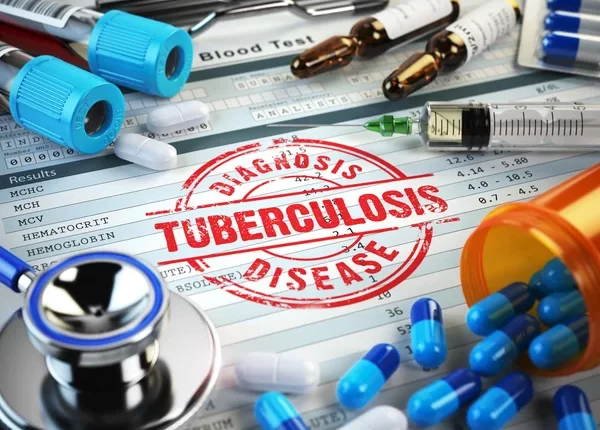Scientists get funded to study tuberculosis drug development – Exciting news in the fight against tuberculosis (TB)! Researchers at Weill Cornell Medicine and the TB Drug Accelerator have received two grants totaling $6.8 million from the Bill & Melinda Gates Foundation to accelerate the development of new TB drugs. This crucial funding will empower scientists to tackle two major hurdles: finding promising drug targets within the bacteria and identifying effective lead compounds.
Breaking Through Bottlenecks
“These grants allow us to unleash the power of our newly developed assays and focus on the most promising targets for TB drug development,” says Dr. Dirk Schnappinger, lead researcher and professor of microbiology and immunology. This targeted approach aims to overcome two key bottlenecks:
- Finding the right targets: Mycobacterium tuberculosis (Mtb), the bacteria causing TB, is a cunning adversary. It can adapt and hide within the body, evading traditional drugs. The research will pinpoint Mtb’s vulnerabilities, exposing its weaknesses for new drugs to exploit.
- Developing effective drugs: The project will identify and test small molecule drugs with the potential to combat TB, including those that work against dormant bacteria within granulomas, a hallmark of the disease. This could significantly shorten treatment times, a major challenge in TB control.
Multi-pronged Attack
The research team is employing a multifaceted approach:
- Genetic sleuthing: Using mutant libraries, scientists will probe how small molecules interact with Mtb, revealing their mechanisms of action and potential weaknesses.
- Overexpression testing: By studying Mtb strains with amplified gene expression, researchers can identify genes essential for the bacteria’s survival, offering new targets for drug development.
- Resistance analysis: Isolating and studying Mtb strains resistant to specific drugs will provide valuable insights into how the bacteria evades treatment, informing the design of more effective drugs.
Collaboration is Key
Dr. Schnappinger emphasizes the collaborative spirit driving this research, highlighting the contributions of fellow Weill Cornell Medicine researchers and Dr. Michael Glickman at the Sloan Kettering Institute. This combined expertise is crucial for tackling the complex challenges of TB drug development.
Looking Ahead
The ultimate goal, Dr. Schnappinger says, is to “find the Achilles heel of this pathogen.” With this ambitious research and the support of the Gates Foundation, scientists are one step closer to achieving this critical victory in the fight against TB.
Key Takeaways
- New grants fuel research to find effective TB drug targets and lead compounds.
- The project focuses on overcoming two key bottlenecks: target identification and effective drug development.
- A multi-pronged approach utilizes genetic analysis, overexpression testing, and resistance studies.
- Collaborative efforts bring together expertise from Weill Cornell Medicine and the Sloan Kettering Institute.
- The ultimate aim is to develop new drugs that target Mtb’s vulnerabilities and shorten treatment times. Study source
ALSO READ: Evolution of Tuberculosis: New Insights and Facts








